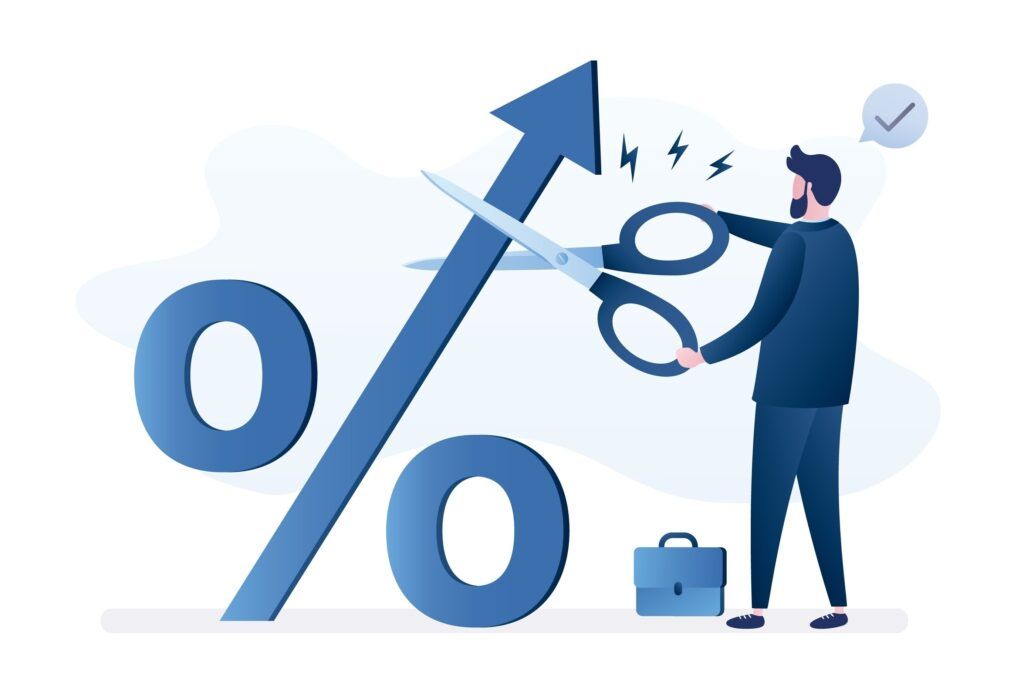November 8, 2024
How do my income taxes affect my Medicare premiums? Although most Medicare enrollees are paying a Medicare Part B premium of $174.70 in 2024, many people pay much more. Prior to 2007, everyone received the same 75% subsidy from the government and paid the same premium. Then IRMAA (Income Related Monthly Adjustment Amount) was implemented, which established a bracket system for both Part B and Part D (prescriptions). The higher your income, the lower the subsidy and the higher your Medicare premium. Because Medicare uses your tax return from two years prior to determine your premium for the coming year, your 2024 premium was based on your 2022 tax return. The specific income figure used is Modified Adjusted Gross Income, which adds tax-exempt income to the AGI figure you see on your tax return. Sometimes, the higher premium comes as a shock, after a year of unusually high income, perhaps due to a capital gain from the sale of a home. But if that is the case, the higher premium will only be applied for one year, and once income declines, so will the premium. It’s important to know that if there has been a life-changing event that reduced your household income, such as retirement or the loss of a spouse, you can apply to have the premium lowered. Are there ways to limit the higher premiums? There may be. First, avoid (if possible) making large withdrawals from your tax-deferred retirement plans, including Traditional IRAs and 401(k)s, in a single year, or taking a very large capital gain on a stock sale in a nonretirement account in any one tax year. Instead, try to spread the IRA withdrawals or capital gains over two or more years, or take a capital loss if you have any in your nonretirement account. You also may be able to make a tax-deductible IRA contribution to lower your AGI below the IRMAA threshold, as long as you had earned income during the year and qualify for a deduction. Are my charitable contributions deductible? Ever since the 2017 tax law increased the standard deduction (while eliminating the personal exemption), most people do not see a reduction their taxes as a result of making charitable contributions. However, there are some exceptions. Taxpayers whose total itemized deductions (medical expenses above a certain threshold, mortgage interest, state and local taxes up to $10,000, charitable contributions) exceed their standard deduction can lower their taxes with charitable contributions. There is also something called a Qualified Charitable Deduction (QCD), available to IRA owners over age 70½. Under current tax law, you can instruct your IRA custodian to send your contribution directly from your IRA to the qualified charity or send you the check made out to the charity, which you can forward, rather than making the charitable contribution yourself. This has the same effect as a tax deduction because it lowers the amount of your taxable IRA distributions. It may also lower your AGI enough to reduce your Medicare premium or your capital gains rate. Withdrawals to make a QCD can count toward your Required Minimum Distribution for the year. Additional points on charitable deductions: (1) Most of the provisions in the 2017 tax law expire in 2025, so in 2026 we could see reinstated personal exemptions and a return to lower standard deductions, which would make charitable contributions more likely to lower your tax liability. (2) Some states, including Massachusetts (cash contributions only) and New York, allow a charitable deduction against income for state income taxes. How much of my Social Security income is taxed? There is a rather complicated formula that determines the taxable portion of your Social Security benefits. The formula adds half of your Social Security income to your AGI plus your tax-exempt income to get provisional income. If that figure falls under $25,000 (single filer) or $32,000 (joint filer), none of the benefits are taxable, which is the case for about 60% of recipients, who have little or no income other than Social Security. The other 40% pay tax on between 1% and 85% of their Social Security income, but no more than 85%, regardless of how much additional income they have. As time goes on, more and more people pay tax on more and more of their SS income, because the formula does not get adjusted for inflation every year, unlike with most other tax figures and unlike with SS benefits themselves. Note: State taxation of Social Security varies, with some states, including Massachusetts, not taxing it at all. What is the Net Investment Income Tax? Most taxpayers do not pay this tax, which came into being in 2013 to help cover the cost of the Medicare program. The approximately 5% of taxpayers who are subject to the tax have AGI of over $250,000 (joint) or $200,000 (single). The 3.8% tax is applied to either (1) the amount by which AGI exceeds these thresholds, or (2) the amount of net taxable investment income, whichever is lower. The same strategies discussed above regarding Medicare premiums could also be employed to minimize this tax. When I get a cost-of-living raise at work, will that push me into a higher income tax bracket? While a large raise at work could push you into a higher income tax bracket, if your raise is roughly equivalent to the inflation rate, it should not affect your marginal tax bracket. Every year, most tax figures, including tax bracket boundaries and the standard deduction, are adjusted to reflect increases in inflation, as measured by the “chained CPI”, an alternative to the traditional consumer price index, which attempts to account for the effects of product substitution on changes in the cost of living. Some figures, such as maximums for IRAs and 401(k) contributions, are adjusted only in years when applying the CPI rounds the figure up to the next increment, usually $500. What will happen to federal income tax rates and estate taxes in 2026? If Congress does nothing, most of the provisions of the 2017 tax legislation will expire and revert to the higher tax rate structure that was previously in place. However, leaders of both major political parties are not in favor of raising tax rates for taxpayers with less than $400,000 in income. The parties disagree on taxes for taxpayers with incomes above $400,000. There are also differences between the two parties on future of the estate tax exclusion, which will rise to $13,990,000 per person in 2025 but will fall to about half that in 2026 without action by Congress. Annual gifting is one way to lower one’s taxable estate. The annual gift tax exclusion in 2024 is $18,000 per person per donee for 2024 and is adjusted for inflation in $1,000 increments. As always, if you have any questions about taxes, please reach us any time at (833) 888-0534 x2 or info@westbranchcapital.com The views and information contained in this article and on this website are those of West Branch Capital LLC and are provided for general information. The information herein should not serve as the sole determining factor for making legal, tax, or investment decisions. All information is obtained from sources believed to be reliable, but West Branch Capital LLC does not guarantee its reliability. West Branch Capital LLC is not an attorney, accountant or actuary and does not provide legal, tax, accounting or actuarial advice.






